How is your current state of mind at work? Are you focusing on a project, or distracted by your cluttered workspace and endless to-do list? Are you feeling relaxed or stressed?
Unfortunately, the bulk of us fall in the latter.
Stress at work is a real problem. According to a 2017 American Psychological Association report, 75 percent of adults reported experiencing moderate to high levels of stress at work, while nearly half said their stress levels were keeping them up at night.
Technology is meant to streamline our workflow and increase productivity. However, it can be those same work tools – laptops and phones – that cause significant stress and distractions. Work emails and chat notifications come in at all hours, irrespective of where you are and what you’re doing. Personal time has become professional time. The lines are blurred. Eighty percent of workers say they feel stress at work, and nearly half say they need help in learning how to manage stress, according to the American Institute of Stress.
With these staggering numbers, what can we do? First, let’s take a look at how stress and anxiety affect our bodies.
How does your body react to stress?
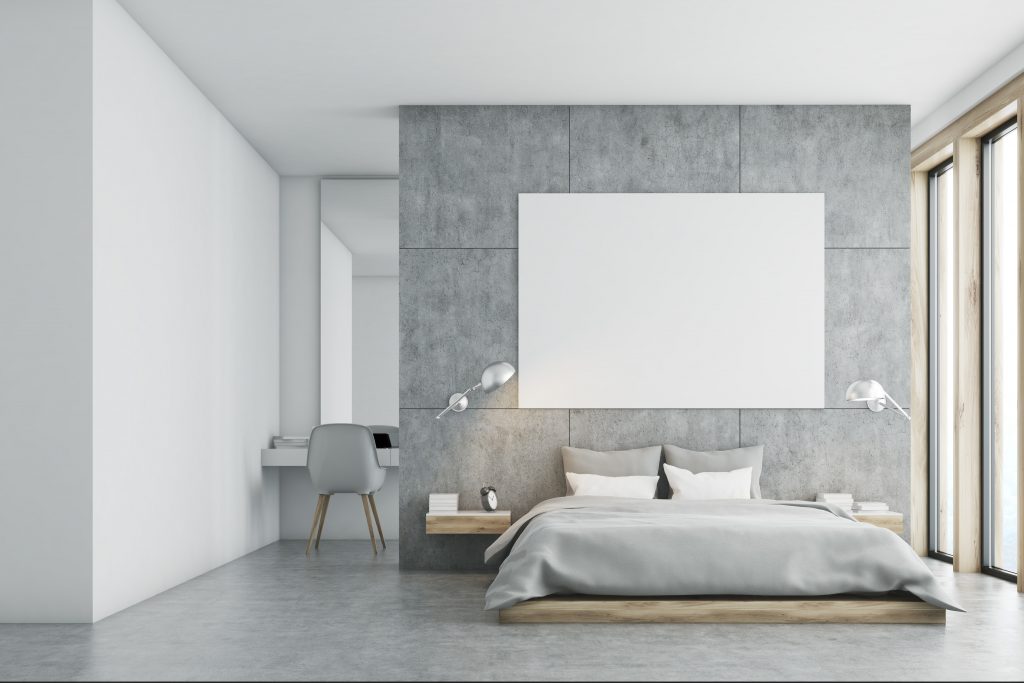
When we feel stressed and anxious, the nervous system tells our bodies to release stress hormones including cortisol, adrenaline, noradrenaline. These produce physiological changes to help us cope with the threat or danger we perceive around us, and we enter into “fight-or-flight” mode.
Stress also negatively impacts our sleep and weakens our immune systems. Cortisol released in our bodies suppress the immune system and inflammatory pathways, making us more sensitive to infections and chronic inflammatory ailments. Our ability to fight off an illness becomes weakened.
Author of Hardwiring Happiness and TED Talk speaker, Dr. Rick Hanson, says cortisol can change the physical structure of your brain.
“Cortisol goes into the brain and stimulates the alarm center, the Amygdala. And kills neurons in the hippocampus which, besides doing visual/spatial memory, also calms down the amygdala and calms down stress altogether. So, this mental experience of stress, especially if it’s chronic and severe, gradually changes the structure of the brain. So we become aggressively more sensitive to stress. The mind can change the brain can change the mind.”
Take that in for a moment; the more stress we experience on a daily basis, the more likely our brain structure changes physically, making us even more susceptible to stress. This vicious cycle leaves us feeling trapped, and worse, in a state of chronic stress.
What does this all have to do with minimalism and how can it help lower stress?
What is minimalism?
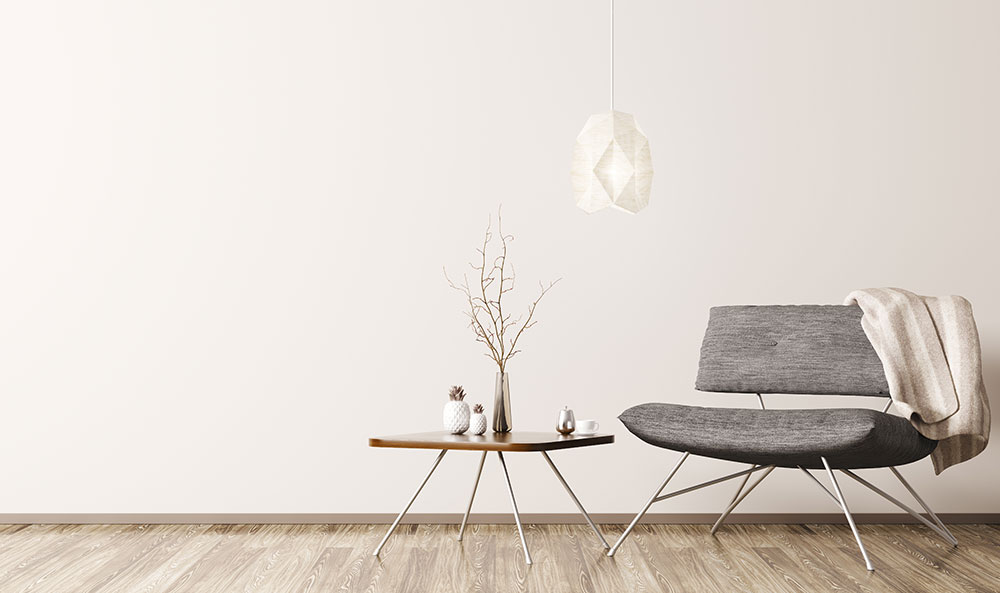
“Minimalism is a tool to rid yourself of life’s excess in favor of focusing on what’s important – so you can find happiness, fulfillment, and freedom.” – The Minimalists
By embracing minimalism, you have fewer things to manage and maintain, and therefore, spend less time on things that don’t actually matter. Cleaning the house, doing the laundry, organizing your folders, washing the dishes all take-up time. But when you streamline your priorities and the time you set aside to do them, you effectively free up extra time mentally and physically.
Minimalism can help you declutter your life of excess, fear, guilt, worry, stress, and consumerism. It is primarily about reducing and simplifying and finding meaning in your life.
Can minimalism lower stress?
Now, is minimalism just a fad for trendy, bearded men with cool Scandinavian furniture and their limited wardrobe consisting of five black shirts and two pairs of jeans? No, it’s more than that. Science has its back.
Princeton University studied the effects of clutter in our daily lives – at home and at work. From their report “Interactions of Top-Down and Bottom-Up Mechanisms in Human Visual Cortex,” researchers said:
Multiple stimuli present in the visual field at the same time compete for neural representation by mutually suppressing their evoked activity throughout visual cortex, providing a neural correlate for the limited processing capacity of the visual system.
Simply put, when your environment is cluttered, the disorder makes your brain multitask and work overtime. The melange of chaos around you leaves you distracted and unable to process information as well as you would in an uncluttered, tranquil and organized environment.
The Princeton University researchers used fMRI to map the brain’s responses when interacting with organized and disorganized stimuli and to monitor task performance. The conclusions were clear – if you want to focus undividedly on a task, then removing clutter is essential. The study found those who purged unwanted items from their home and workspace – were less irritable, less distracted, more productive, and were able to process information at a better rate.
Meanwhile, another study by the American Academy of Sleep Medicine found that people who sleep in a cluttered room or hoarders have problems making decisions and executive function. This can affect their daily productivity as so much time is spent organizing, sorting or dealing with the chaos, which could otherwise be spent working productively.
Seven tips on how minimalism can help lower work stress
1. Declutter your workspace
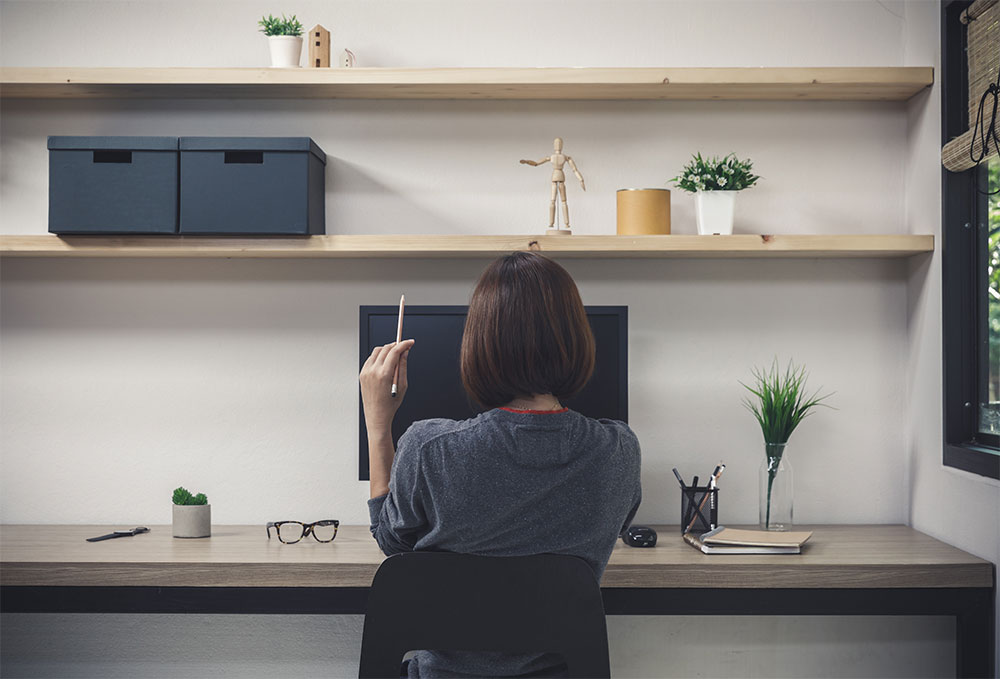
First things first, let’s give your creative work zone a make-over. Set a timer for 15 minutes and get to it. Remove all your items from your desk and start sorting. Everything that is not essential to your current work project, discard or store them where they belong. Try not to overthink the process. Keep only the necessary items – your computer, notebook or pen. Do this at least once a week or whenever you start noticing a reemergence of clutter.
Now it’s time to apply minimalism to your workflow:
2. Set priorities
Focus on one task at a time. Whether you’re finishing a work report or writing a novel – do just that, and put aside any non-essential work tasks that don’t support your primary focus. You may have to postpone a lunch date or decline meeting a friend for drinks after work.
You need the disciple to learn what to say no to. Consequently, you can now invest everything you have into completing the few things you’ve prioritized and do them well. This doesn’t mean you become a hermit as a minimalist and watch your life pass you by. Quite the opposite. Now you can focus on your main priority and tackle the smaller things later once you’ve achieved your goal.
3. Use constraints

Limit your purchases, downsize your closet to a capsule wardrobe, choose only to follow Twitter accounts you really read and that add value to your life. Make small, mindful decisions daily that will set a wave of decluttering into motion.
4. Cut out distractions
Have you ever opened a web browser to research a topic real quick, and before you knew it, a whole two hours have passed by while you sunk into a Reddit vortex? Unfortunately, the same tools that you use for work are littered with distractions.
Instead, time-block out 30 minutes in the morning to check and respond to emails and social media messages. Repeat in the afternoon. By not compulsively reading every tweet, email or message, you can focus on one task at a time. Feeling productive and being productive are two entirely different things.
5. Stay digitally organized and clutter free

If you repeat a lot of the same tasks, make templates and duplicate the same pathway for your process. This keeps you organized and saves you time. Don’t forget about any orphaned files sitting on your desktop – store those away daily. Empty your trash can too – that whoosh sound effect is quite a rewarding feeling.
6. Focus on the essentials
Whether you’re brainstorming a new concept or putting together a case study for your company’s executives – focus on getting all your ideas out first. There’s no need to start editing and fine-tuning your work just yet. You may decide half-way through that you want to go in a different direction and all that time you spent sprucing your work, will be wasted. Above all, focus on creating and doing the work. Then later, you can add all the extra elements that take it to the next level.
7. Use minimalistic tools for work
Select daily tools that fit your clutter-free minimalist lifestyle. Do you need a messaging tool with dozens of customizable options? Are all those color options really necessary? Probably not. The added visual clutter goes against your hard work of eliminating the hodgepodge of chaos that once surrounded you.
Brief is a sleek and simple to use productivity app for personal and professional effectiveness. Its clean and elegant dashboard keeps you focused throughout your day, without the noise and distractions. Keeping your communications, to do lists and files in one place saves precious time and concentration.
Conclusion
Minimalism really is more than just a trendy fad. Science has proven its effectiveness and power to reduce stress and anxiety at work and at home. Don’t take my word for it, try it for yourself for a week and see what happens. It’s up to you to take positive actions to manage your work and personal stress. Take hold of your clutter, before it takes hold of you.

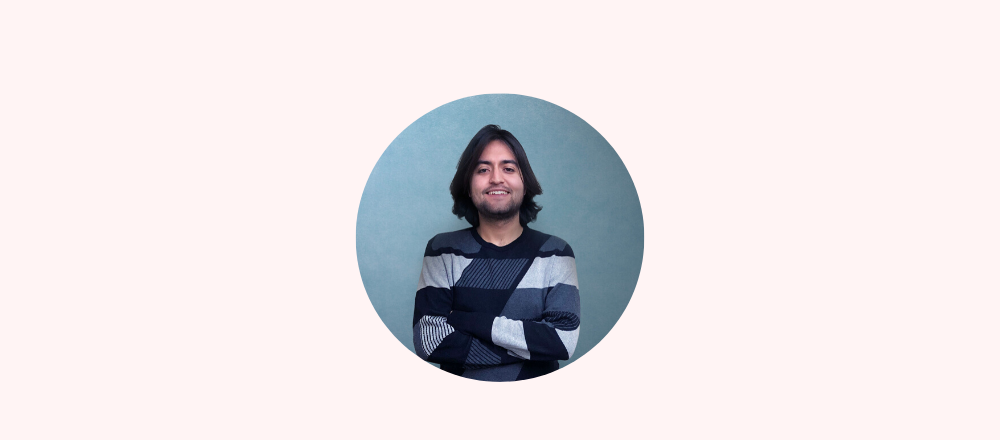
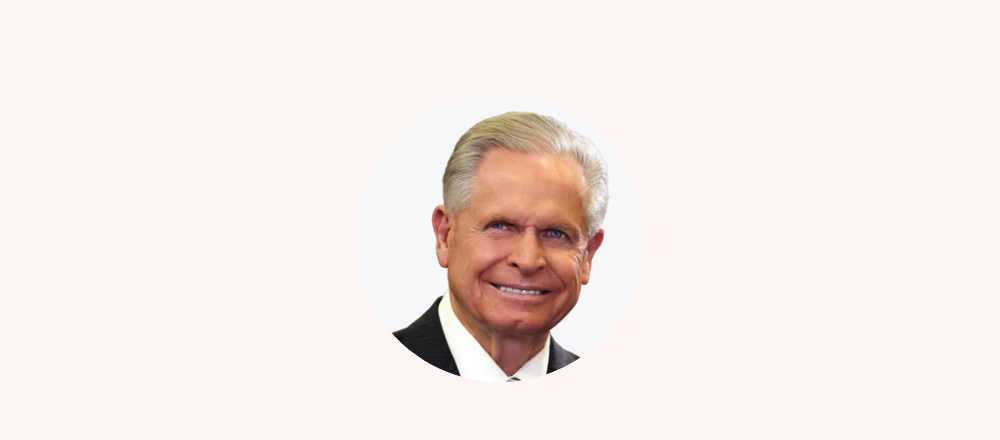
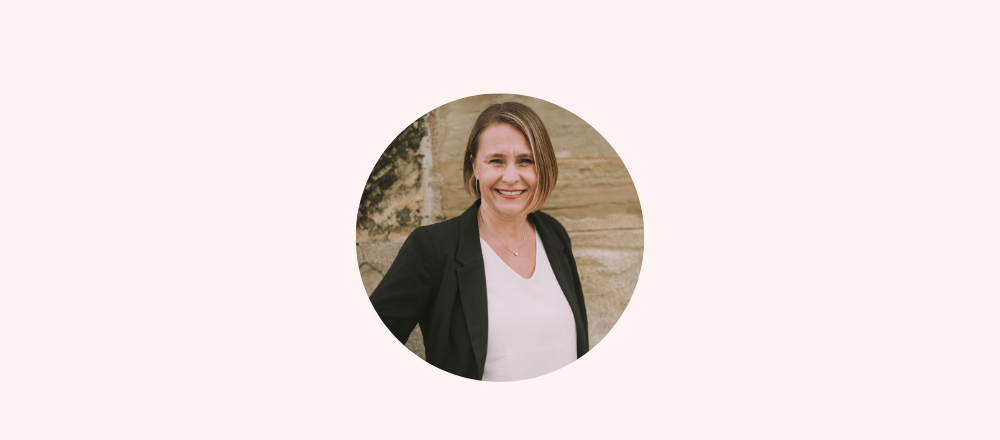
18 thoughts on “Minimalism is Not Just a Fad: 7 Powerful Ways it Can Lower Work Stress”
It would stress me out not to have nice clothes to wear..2 prs of pants and 5 shirts..no..dont think that would calm me or make me productive if i looked the same way everyday..just me..my opinion
I became a Minimalist after my divorce without knowing I was one until my grown children pointed it out. In the beginning it was about not being able to afford the lifestyle I had before due to fibromyalgia and being alone. Over the years of getting back on my feet and realiziing how much I had to move around that was totally unnecessary in my life I began to enjoy the feeling of freedom and actually having money to eat healthier thereby feeling better. I’m hoping to own a tiny house or camper one day to continue enjoying my freedom and doing what I’ve always wanted to do…travel.
As someone with ADHD, I can really appreciate and notice the difference between cluttered and uncluttered spaces. I’m definitely gonna try implementing at least some of these tips to keep me more productive.
Hi!
Great information. Thank you! Definitely need to declutter a few areas of life and enjoyed reading about the studies and your tips.
Minimalism is definitely a great way to live, I am a work in progress, unfortunately the longer you wait to begin/realize it, the harder it is to accomplish, as I am also a cluttered x-shopaholic, and have been working on changing these things, no shopping, getting rid of excess and learning to live with just what i need, not all the “wants” we are convinced by consumerism Ads that we need all of those additional things. I realize I don’t need them, and don’t use many, because there is too much, causes stress, and clutter, and debt. I agree, do it sooner, save yourself lots of money, and time, and feel light/free.
It’s Hemingway.
I am currently in a state of organization and purging the excess from my life. Each box that leaves the house is another step to opening up more time to dedicate to
basic house hold chores, family time and weekend activities.
But let’s not throw out great art works full of colour and design. Or forget to thank the organic furniture and everything else that nature has provided. Buy less to be sure but respect what you have. It’s not just “stuff” or “junk”. And please avoid garbage dumps.
I I am downsizing and didn’t realize how hard it would be. I have three dressers in my bedroom and 3 chest of drawers. For many many months now I have been putting out 15 boxes of clothing for the vets. But I still have so much. I see other people who always have different clothes on and yet they only have one dresser and one closet. I don’t understand how this makes sense and how I can get there. I really do want to minimalize but I’m not quite sure how to do it. I thought I was doing it but I feel like I’m pretty bad at it. I keep giving away so much stuff and trashing the rest but I’m still drowning and stuff. I’m moving within a week and don’t know what to do. Help!
Instead of picking out what to dispose of, pick out what to keep. Keep what you absolutely love. Its okay to have an undecided section to bag and put aside and wait till the season is over. Did you ever seek anything from the bag? If not, than let go. Somewhere out there is someone who your secondhand items might be the job interview outfit they need. You are sending your excess out into the world and making space in your life for new experiences or to just breathe, relax and enjoy the moment and the people and pets you love.
This is totally true. If you’re a collector/ hoarder though it can be tough. What wasn’t mentioned was the stress/ of cohabiting with another person. There are advantages obviously but you are living with “compromise clutter” in a relationship. If you live by yourself , you will notice even greater stress relief.
I totally get it! I had to downsize in a rush and I can tell you what I did and it was so freeing that I am doing it again!
You need to have solid colored totes or cardboard boxes for this. Nothing clear that you can choose back out of or change your mind.
Closet, pull out 10 favorite items. Tops, bottoms, it doesn’t matter Then, chose one thing to go with each of these items. (Sometimes they are already in your favorites which is a bonus)
Suck in your breath, tell yourself you love this freedom, and throw everything… Yes, everything else in the boxes. Now. Without thinking. Without justifying. Do it now.
Don’t call 911, but this is an emergency!!! Get it in your car and take it to donation. Right now. Don’t say, “But I haven’t done my dresser yet!” Get out! Get rid of it. Now!!!
That little drive is the first step to the new you. When you get to your donation location. Do not pull anything out. Do not go in. Unload and drive away.
Already, you are a changed woman!! Tell yourself what a great job you just did. Now go home and do the same thing, only a little different.
Each drawer, choose your two favorite things, tops, bottoms, pajama sets. Get rid of the rest!
Socks, I am obsessed with socks. It’s true. I allowed myself 20 pair. No, I am not even kidding. That was half of what I had.
Bags, I originally allowed myself one per season and one for special occasions. I now own 2 bags total.
Shoes… If they don’t go with your favorite outfits, they are gone. If you have two or three or 4 that are similar, chose your favorite 1… ONE pair … And ditch the rest.
You can then do this in your kitchen with dishes, utensils, bake wear, etc. My hardest was my clothes I grew up super poor and never had nice clothes. I know why I struggle. It’s just hard. But man, the freedom!
I now follow these steps every season. Next Spring I will be living and working in a bus conversion. And I WILL be ready. ;)
Follow my blog https://adventureforlife.blog/ to see if I make it out alive!! Haha
Good luck on your freedom fight. You SO got this!!!
I just finished moving and it took me 2 while weeks, non stop, with help, to haul all of my stuff. I’ve never seen so many clothes that I can’t or don’t wear. I think I need an intervention.
I wore a uniform in Catholic school. I wish it still like that…
I have the same problem as James. I have three dressers and two chest of drawers. I have been sorting through my clothes for a year now every week there is at least 15 boxes of clothes out for the vets. I also know people who share a dresser and each have a closet and yet they always seem to have something different on. I always seem to be wearing the same thing. I don’t have many nice clothes. So why do I have so many?
Hello my Friends – Welcome in the club of – let’s call it realistically for now “ENTHUSIASTORS OF MINIMALISM” :)
Yes – absolutely agree – to reduce drastically the number of everything what we have is extremely difficult – as You already know, but this is the MAIN POINT. In fact will be probably more accurate to state that the things/assets/etc. that we “own” – they own us/our consciousness, freedom, time, life… I “cut off” drastically the influence of the material part of what I had and started to recreate my REAL “ME” and believe or not everyday feel better and happier :) …and have more and more great friends.
Regards and Good Luck!!! ;)
This is great if you are wired this way, I’m not! I have all my possessions in one 9 x 11 room but it is full of all the things I love! I moved in with my daughter with my single bed, 5 six foot tall bookshelves, a five foot wide desk, a rocker, desk chair, 2 night stands, my clothes, 5 pairs of shoes, all my pretty blue and white cereramics, and over 1200 books! Several of my family members who love to read want to take vacations in my room! Every useable space is occupied but neat as possible! I guess to each his own way. I also use her dresser and chest of drawers in my room! I’m a master of getting everything I Love in one place!
I recently lost everything… I am so much in need of tank tops/sleeveless shirts. Jeans black boots and black dressy shoes…I’ve spent all that I can to buy the things I need. My sons & daughters bday annnd xmas is coming and I cant afford anything else for myself. I’m just seeing all this purging. If anyone would be able to send unwanted items my way it would be appreciated more than you know…